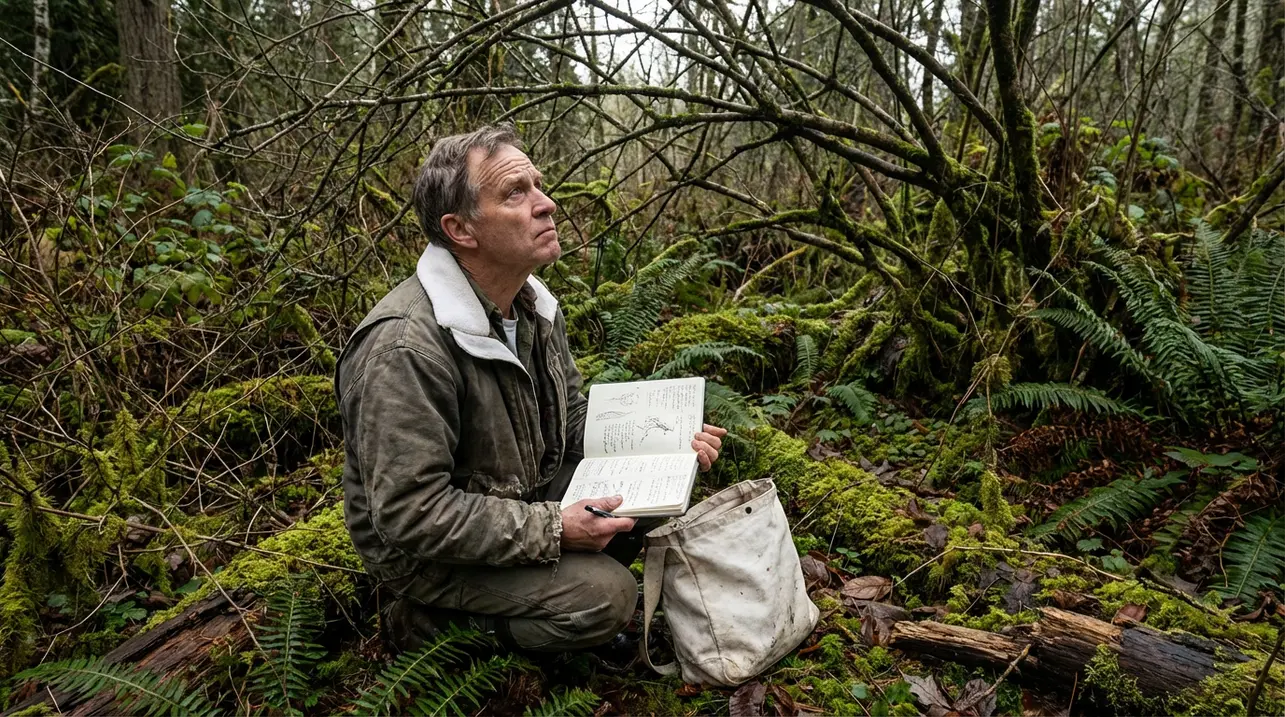
SciencebiologyEvolution and Ecology
A Lamentation for Linnaeus: In Praise of Confusion
RA
Rachel Adams
2 hours ago7 min read
We stood up, traded the forest canopy for the tool in our hand, and began the long, arduous process of forcing the world to conform to the architecture of our minds. This oversized brain of ours, that magnificent and burdensome organ, grew what we might call an opposable thumb for thought, and with it, we fashioned our most potent and perilous technologies: language to name the blooming, buzzing confusion around us, principles to organize those names, and grand, unifying theories to explain it all.Yet, none of these cognitive tools carries a sharper double-edge than the simple category—a living fossil from our hunter-gatherer psyche that compels us to sort the world's magnificent chaos into neat, little baskets of similitude. The legacy of Carl Linnaeus, the father of modern taxonomy, is a testament to this drive.His system of binomial nomenclature brought order to biology, a necessary scaffold for scientific progress, but it also erected walls where none existed in nature, creating an illusion of separateness in a world of fluid, interconnected systems. As a biologist who has spent years studying fragile ecosystems, I see this same categorical impulse at play in our current climate crisis.We attempt to compartmentalize the problem, labeling some species 'endangered' and others 'invasive,' some landscapes 'protected' and others 'developed,' failing to grasp that the biosphere operates as a single, breathing entity. The confusion we so desperately try to eliminate through classification is not the enemy; it is the very texture of reality, the complex web of relationships that defies our neat labels.We mourn the loss of a single species while often missing the collapse of the entire symbiotic network that supported it. The true lamentation for Linnaeus is not that he was wrong, but that his system was too successful, convincing generations that the map is the territory.The real work now, the urgent work, is to learn to embrace the beautiful, terrifying confusion—to see the forest not as a collection of individual trees to be catalogued, but as a single, pulsing organism. Our survival may depend on trading our taxonomic baskets for a deeper, more humble understanding of the intricate, uncategorizable whole.
#philosophy of science
#taxonomy
#nature
#human cognition
#environmentalism
#editorial picks news
Stay Informed. Act Smarter.
Get weekly highlights, major headlines, and expert insights — then put your knowledge to work in our live prediction markets.
Related News
Comments
Loading comments...
© 2025 Outpoll Service LTD. All rights reserved.